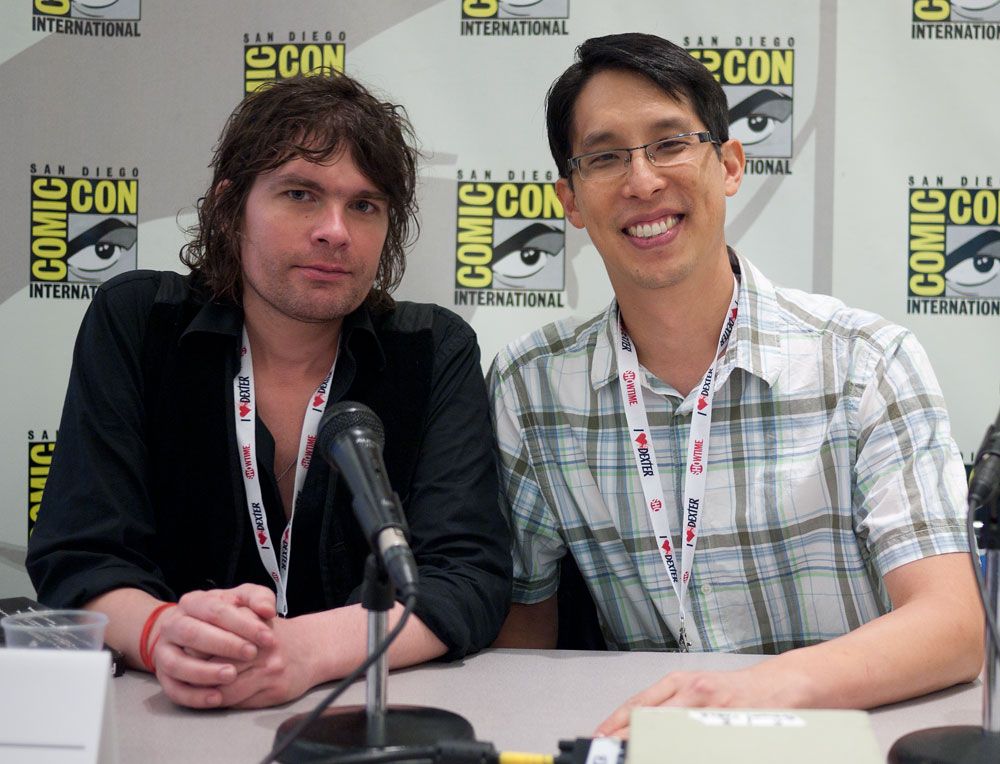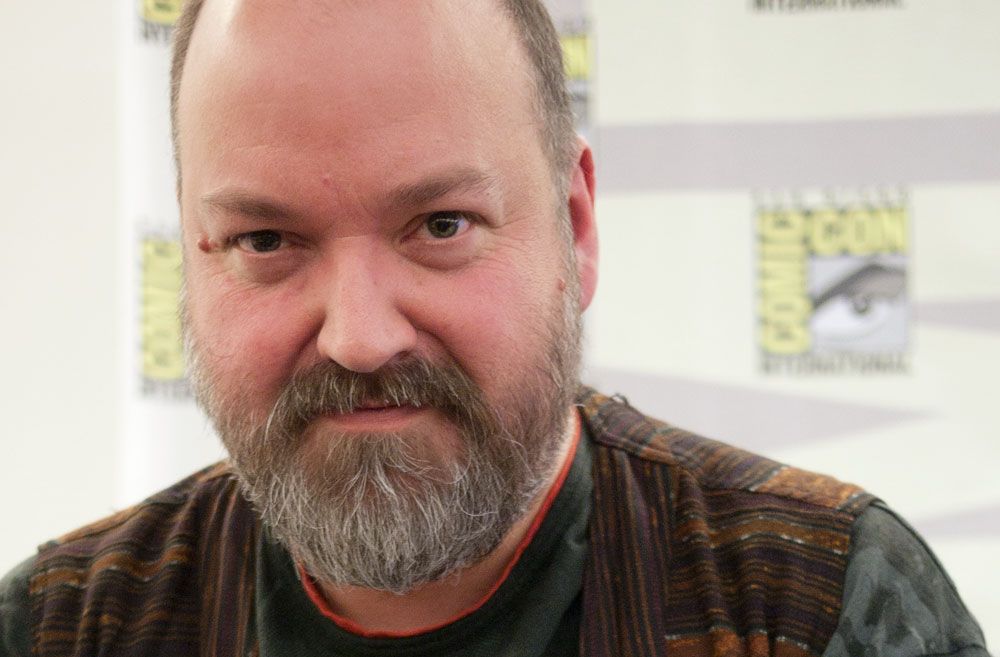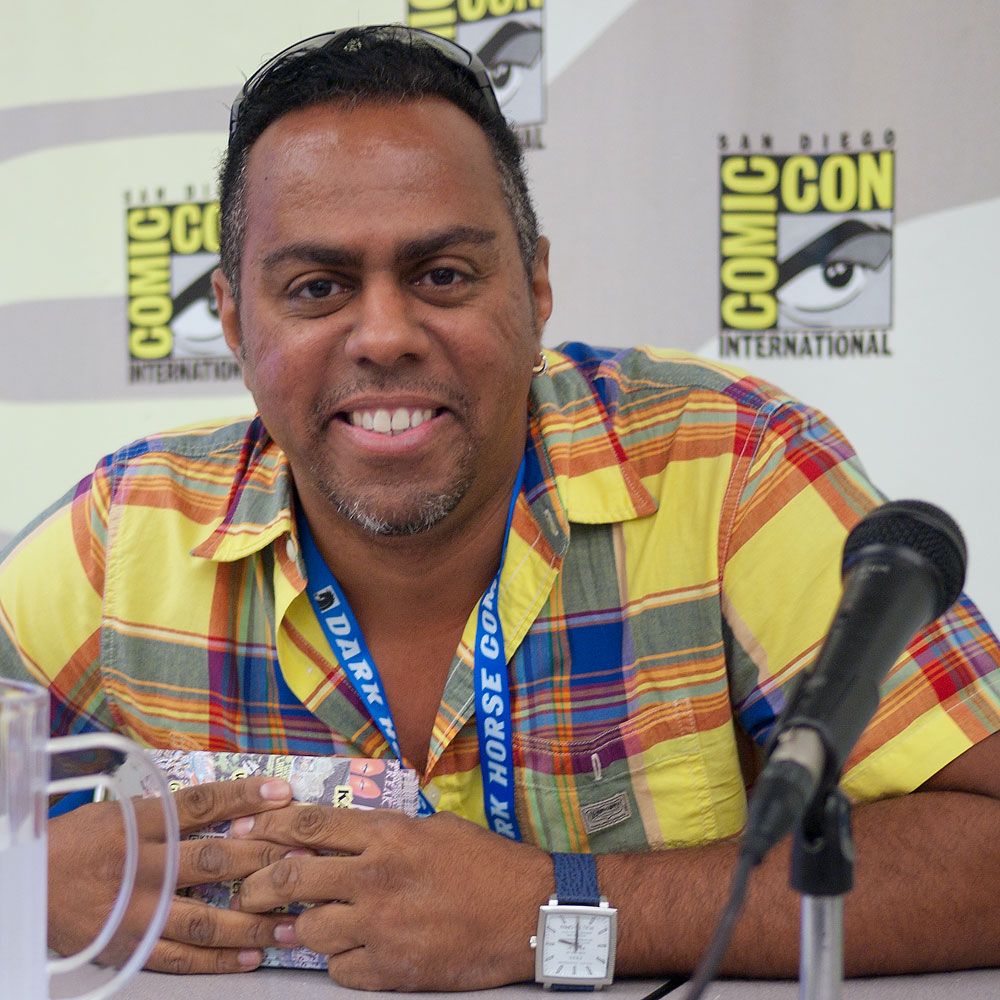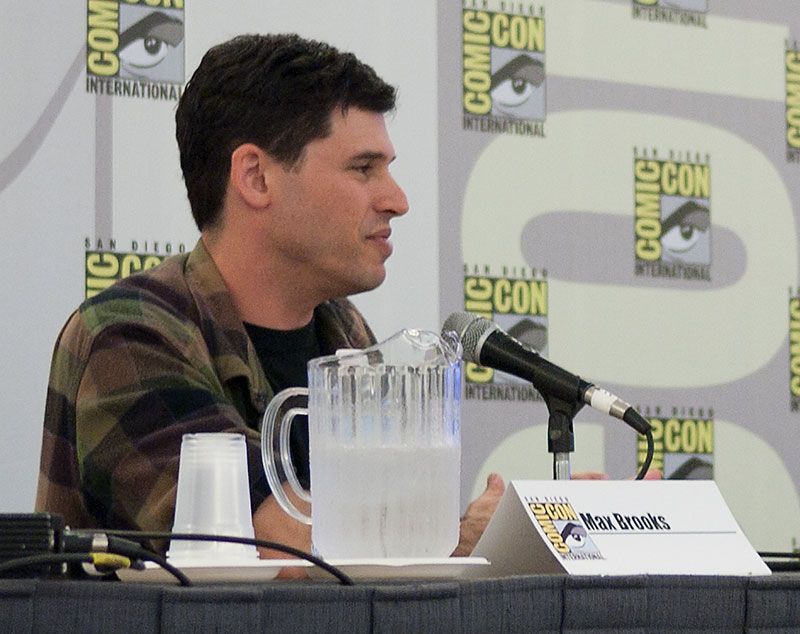With the increasing popularity of Comic-Con, perhaps now would be a good time to look at ways to disseminate and grow the audience of the brand by inviting the world to participate in the excitement and joy that attendees are privileged to experience. By beginning with something as basic as posting panel recordings online in a professionally branded setting, a quantum shift in perception could be created and a knowledge base for the brand, dramatically changing the world's perception of Comic-Con and expanding potential growth areas.
Like many others, I had an incredible time at Comic-Con last week, missing more good friends and events than I managed to see (and I saw a lot). I was blown away by the love and joy for comic books and ideas which was evident everywhere I looked. Somehow I didn't see any television of movie promotion (I know, it's crazy. I must have been looking wrong... or right) and my time was filled with exploring comic books and meeting comic book creators. It did occur to me however, that simply creating an increasingly crowded city cannot possibly be a cost-effective way to grow the brand. With over 130,000 people in attendance this year (and possibly twice as many people simply wandering the streets to take a look) it was disturbingly packed.
Comic-Con is now such a behemoth that in the past few years it began to spread out into the surrounding hotels, where parties, panels, promotional events are held. This year the streets of Gaslamp district became more crowded than the convention floor and San Diego reached a tipping point where it became impossible to escape being trapped in a human traffic jam if you wanted to leave the convention. However, respite was available in an unexpected place; the panels! Not only were the panelists giving articulate and fascinating talks, but panels were air conditioned, line staff were polite, and fellow attendees were friendly.
One panel which I attended featured the results of neural testing on comic book panel pacing, measuring brain activity in response to the insertion of blank panel. (I freely admit that half of it went over my head, but I have friends who would eat this research up.) Another panel allowed me a peek into the mind of author of "World War Z"; Max Brooks, who shared his complete obsession with detail, and his driving motivation to simply "write well". He spoke about his upcoming vampire book for Avatar Comics, describing them as "like Kardashians - young, beautiful, famous, and stupid!" which elicited much laughter, and actually managed to whet people's appetite for a new take on the vampire motif.
I feel very lucky that I was able to cover panels for Comic Book Resources by artists and authors I am hugely interested in; Dave McKean, Georges Jeanty, Paul Pope, and Gene Luen Yang. While each of these men has a dramatically different style and personality, like Max Brooks, the unifying element in each of their talks was a deep commitment to their craft and a desire to do it well. Getting into comic books because they wanted to create art, tell stories with imagery, and to do it well is how these men found their way into the profession and what keeps them going on a daily basis.
This passion for craft and art was so inspiring that on the drive back to Los Angeles, I played the audio recording of one of the panels, sharing the wonderful anecdotes. (When you report on panels, you have to make an audio recording of them to refer to for quotes. Once as they go live, I'll post links for you.) My recording was obviously pretty rough, but it made me realize there were myriad soundbites I'd love to have been able to email and share with you, so why aren't they available online?
People get very excited about the movie trailers and TV shows which premiere at Comic-Con but these are eventually published everywhere. Once in a while a major publisher will release their own recording of a news announcement or promotional panel, but these are mainly of interest to comic book fans. Meanwhile there are dozens of panels each day which appeal to a much broader variety of artists, authors, scientists, anthropologists, etc which could be posted online quite easily, and would only add to the brand-building of Comic-Con. Even if it took a month or so to create the audio files, these would make a fantastic resource and could transform Comic-Con from an event to a brand and a movement. It is time we encourage our beloved old workhorse to grow past old limitations and share the love.
Looking to other movements to see what is next we can see examples of how simply sharing talks can be transformative. For many years, TED was an exclusive event known only to those who could afford the 5k+ tickets, with the content of each incredible talk a closely guarded secret. Then TED was sold and within a couple of years each talk was available online. Less than five years later the conference was a household name, with similar conferences being held all over the world, synonymous with lateral thinking and new ideas.
Comic-Con is internationally recognized as a gathering of entertainment media and events. News sources report on the famous faces, the outrageous costumes, and the expensive sales, but there is little awareness of the creative treasures which are the seeds of all of this media. Creativity and hard work are why Comic-Con exists, as Paul Pope said "Human beings made this." The act of creation is powerful, and sharing the panels where this is explained and discussed could be the greatest hidden treasure Comic-Con has.




